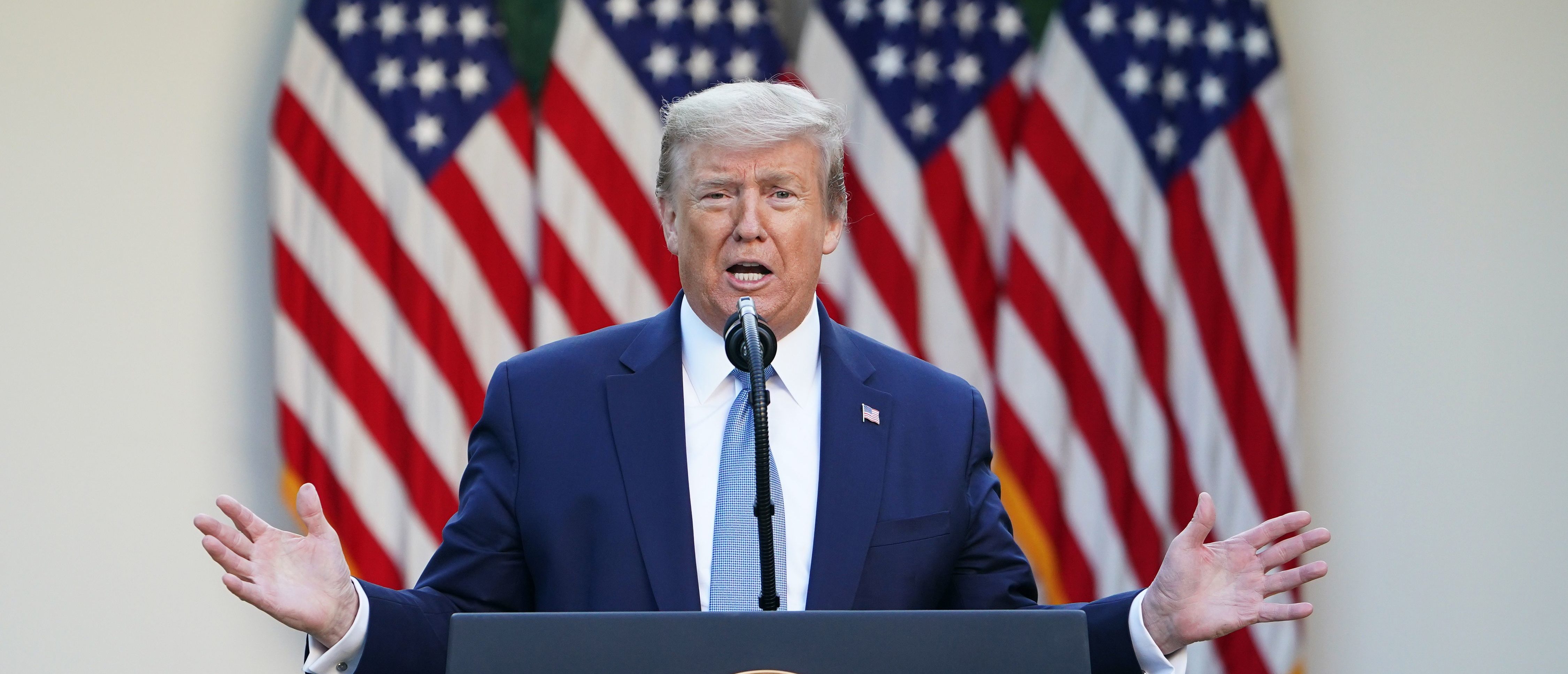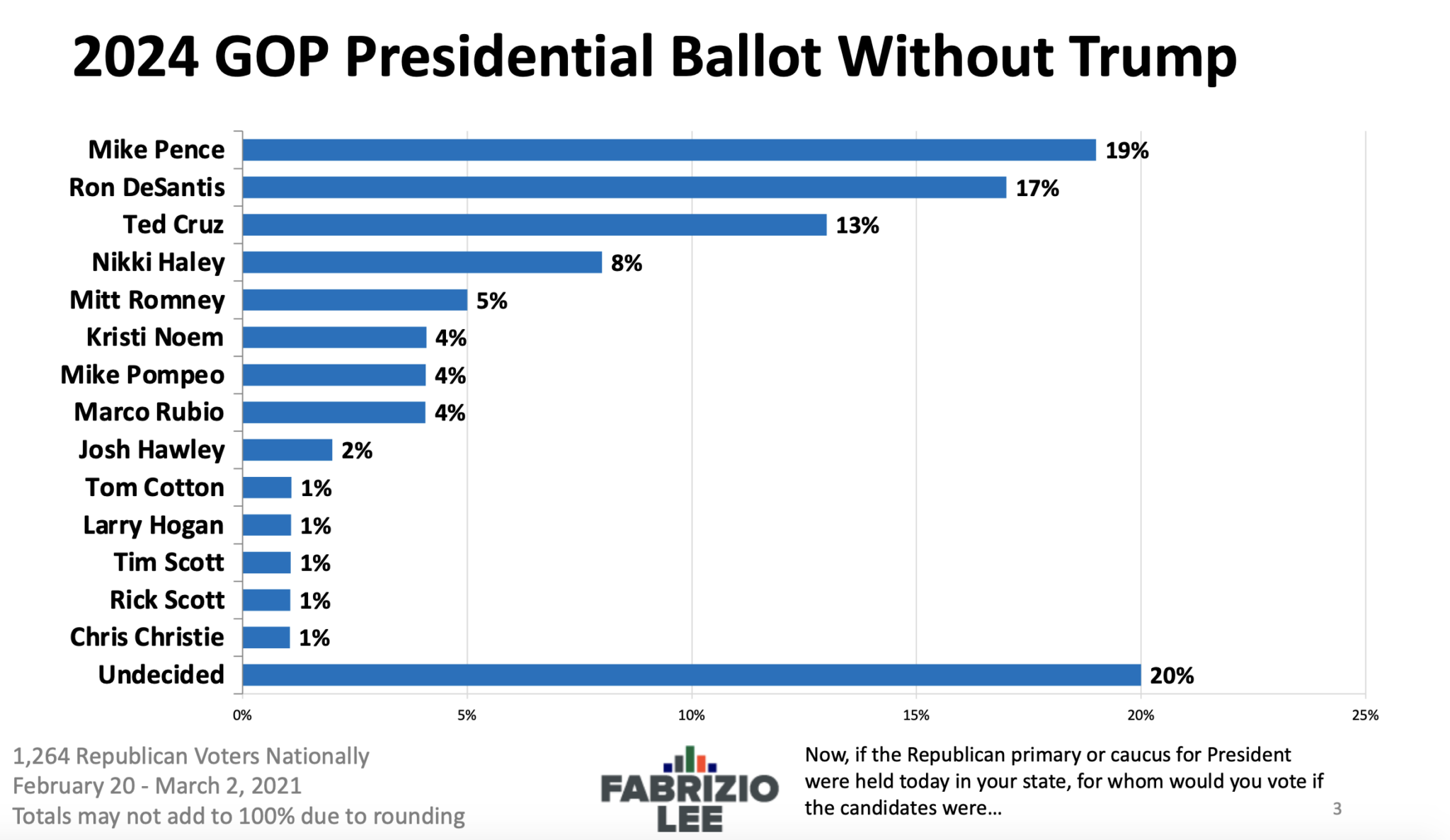Rasmussen Reports

Rasmussen Reports is a well-known polling firm that has been conducting public opinion surveys for over two decades. The company is known for its focus on political polling, particularly in the realm of presidential elections.
History and Background
Rasmussen Reports was founded in 1999 by Scott Rasmussen, a former political strategist and pollster. The company initially focused on providing polling data to political campaigns and media outlets. Over time, Rasmussen Reports expanded its operations and became a prominent player in the political polling landscape.
Methodology
Rasmussen Reports employs a variety of methodologies in its polling, but its primary method involves conducting telephone surveys using a combination of live interviewers and automated calls. The company uses a random-digit dialing (RDD) system to ensure that its sample is representative of the general population.
Reputation and Credibility
Rasmussen Reports has a mixed reputation in the political landscape. Some analysts and commentators view the company as a reliable source of polling data, while others have raised concerns about its methodology and the accuracy of its results. The company has been criticized for its use of automated calls, which can sometimes lead to lower response rates and potential biases. Additionally, some critics have pointed to instances where Rasmussen Reports’ polls have deviated significantly from other major polling firms.
“Rasmussen Reports has a history of producing polls that are more favorable to Republican candidates than other polls.” – The Washington Post
Despite these criticisms, Rasmussen Reports remains a significant player in the political polling landscape. The company’s polls are often cited by media outlets and political analysts, and its results can have a significant impact on the political discourse.
Presidential Poll Data Analysis

Rasmussen Reports is a well-known polling organization that conducts regular surveys on a variety of topics, including presidential elections. Analyzing the trends and patterns in their data can provide insights into the political landscape and potential election outcomes.
Comparison with Other Polling Organizations
Rasmussen Reports is one of many polling organizations that provide data on presidential elections. It is important to compare and contrast their findings with other reputable organizations to gain a more comprehensive understanding of public opinion.
- Methodology: Rasmussen Reports uses a variety of methods for conducting its polls, including telephone interviews, online surveys, and live interviews. These methods can affect the accuracy and representativeness of the results. Other polling organizations, such as Gallup and Pew Research Center, also use different methodologies. Comparing the methods used by different organizations can help to identify potential biases and limitations in the data.
- Sample Size: The size of the sample used in a poll can impact the margin of error. Rasmussen Reports typically uses a sample size of 1,000 registered voters, while other organizations may use larger or smaller samples. It is important to consider the sample size when evaluating the results of a poll.
- Weighting: To ensure that the results of a poll are representative of the population, pollsters often weight the data to account for demographic factors such as age, gender, and race. Rasmussen Reports and other polling organizations use different weighting methods, which can affect the results.
Potential Impact on Public Opinion and Election Outcomes, Rasmussen presidential poll
Presidential polls can influence public opinion and potentially impact election outcomes.
- Bandwagon Effect: Polls can create a “bandwagon effect,” where voters are more likely to support a candidate who is perceived as being ahead in the polls. This effect can lead to increased support for a candidate, even if their policies or positions are not widely known or understood.
- Shifting Voter Preferences: Polls can also influence voter preferences by providing information about the relative popularity of different candidates. This information can lead voters to reconsider their support for a particular candidate, particularly if they are undecided or have low levels of political knowledge.
- Media Coverage: Polls are often covered extensively by the media, which can further amplify their impact on public opinion. Media coverage can highlight the results of polls, leading to increased awareness of a particular candidate or issue.
Implications for the Political Landscape: Rasmussen Presidential Poll

Presidential polls play a crucial role in shaping political discourse and influencing voter behavior. They provide insights into public opinion, highlighting key issues and shaping the narrative around candidates and their campaigns.
The Influence of Presidential Polls on Political Discourse
Presidential polls act as a barometer of public opinion, reflecting the electorate’s sentiment towards candidates and their policies. They provide a platform for analyzing political trends, identifying emerging issues, and gauging the public’s reaction to political events. The media frequently uses poll data to frame their coverage of campaigns, giving prominence to candidates who are polling well and highlighting issues that resonate with voters. This can influence the public’s perception of candidates and their positions on various issues, potentially shaping the political discourse.
Challenges and Limitations of Polls in Predicting Election Results
While presidential polls offer valuable insights into public opinion, they are not foolproof predictors of election outcomes. There are several challenges and limitations associated with using polls to predict election results.
- Sampling Bias: Polls rely on representative samples of the population. However, achieving a truly representative sample can be challenging, especially in an era of increasing political polarization and declining voter turnout. Any biases in the sample can skew the results, leading to inaccurate predictions.
- Measurement Error: Polls are subject to measurement error, which can arise from factors such as question wording, interviewer bias, and respondent dishonesty. These errors can introduce inaccuracies in the data, potentially impacting the poll’s reliability.
- Unpredictable Events: Unexpected events, such as scandals, economic shocks, or international crises, can significantly influence voter sentiment and alter the course of an election. Polls conducted before such events may not accurately reflect the changing political landscape.
- Voter Volatility: Voters can be fickle, changing their minds in the final days or weeks leading up to an election. This volatility makes it difficult to predict election outcomes based on polls conducted weeks or months before the election.
The Impact of Rasmussen Reports Polls on Campaign Strategies and Media Coverage
Rasmussen Reports is a well-known polling organization that conducts regular surveys on a range of topics, including presidential elections. Their polls have a significant influence on campaign strategies and media coverage, often shaping the narrative around candidates and their campaigns.
- Campaign Strategies: Candidates and their campaign teams closely monitor polling data, including Rasmussen Reports polls, to assess their strengths and weaknesses. They use this information to refine their campaign messages, target specific demographics, and allocate resources effectively. For example, a candidate trailing in the polls might adjust their campaign strategy to focus on issues that resonate with undecided voters.
- Media Coverage: Media outlets frequently cite Rasmussen Reports polls in their coverage of presidential elections. This can influence the public’s perception of candidates and their campaigns, highlighting those who are polling well and giving less attention to those who are trailing. The media’s focus on poll results can create a self-fulfilling prophecy, where candidates who are perceived as strong in the polls gain momentum, while those who are lagging behind may struggle to gain traction.
The Rasmussen Presidential Poll is a crucial gauge of public opinion, offering insights into the race for the White House. With the upcoming debates, it’s essential to consider who will be moderating these critical events, as their influence can significantly shape the narrative.
To find out who will be taking the helm of the next presidential debate, you can visit this link , which will provide valuable information on the moderators and their potential impact on the Rasmussen Presidential Poll.
The Rasmussen Presidential Poll provides a snapshot of public opinion, offering insights into voter preferences and the potential impact of key events on the political landscape. One such event that can significantly influence the race is the abc debate , which often sets the stage for a shift in the polls, as candidates face off and their positions are scrutinized by the public.
Following the debate, the Rasmussen Presidential Poll will likely reflect the impact of these exchanges, providing a fresh perspective on the candidates’ standing and the electorate’s evolving views.
